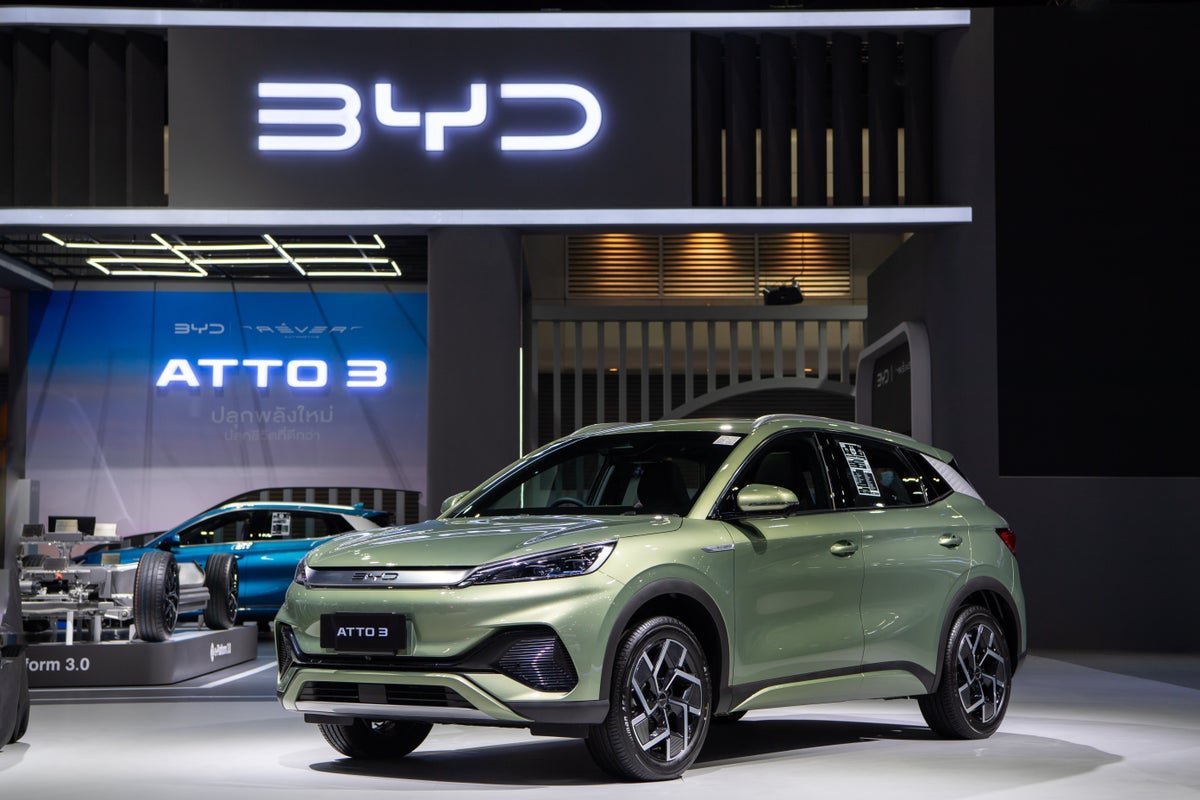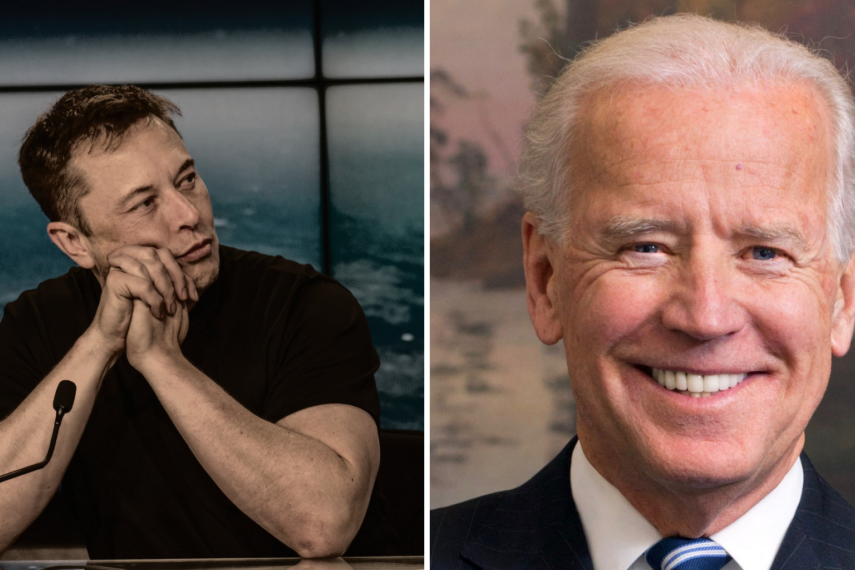Chinese Electric Vehicles Face Trade Barriers in the US Market
Chinese electric vehicles (EVs) have made a significant impact on the global automotive industry, gaining popularity and market share in several countries. However, their entry into the United States market has been notably restricted due to trade barriers set up by the federal government.
A recent report by the Wall Street Journal sheds light on the hurdles faced by Chinese automakers in the American automotive landscape. One significant obstacle is the 25% tariff on Chinese auto imports, which was initiated by former President Donald Trump and further reinforced by President Joe Biden. Additionally, Chinese EVs were excluded from the advantageous “Buy America” credits, further limiting their presence in the US market.
These trade barriers have created a challenging environment for Chinese automakers to compete in the US, contrasting with their growing market presence elsewhere. Chinese automakers, such as BYD, have been producing more vehicles than Tesla Inc., highlighting the scale of China’s automotive industry.
Michael Dunne, CEO of ZoZo Go, emphasized the vast reach of Chinese EVs, noting their absence in the US market. He stated, “Picture a modern-day Godzilla with the power to trample on and destroy anything that gets in his path. The only market where Chinese have not yet really begun a big assault is right here in the United States.”
These concerns about the long-term effectiveness of trade barriers have raised questions among US officials. President Biden assured auto-union workers in Illinois in November that China’s attempts to dominate the electric vehicle market using unfair trade practices would not be allowed.
Meanwhile, some US lawmakers, including Rep. Mike Gallagher and Rep. Raja Krishnamoorthi, have advocated for expanded tariffs on Chinese autos. They believe that Chinese manufacturers will eventually be able to absorb the additional tariffs. Brian Janovitz, chief counsel for China trade enforcement at the US Trade Representative’s office, also highlighted the importance of proactive measures against the influx of Chinese EVs, drawing lessons from past experiences in other industries.
While US automakers, such as Ford Motor and General Motors, are keen on slowing the rise of Chinese EVs, they also recognize the complexity of potential retaliatory tariffs from China. The reliance of US automakers on China’s dominant EV battery supply chains further complicates the situation.
Chinese automakers, on the other hand, are adapting by planning to assemble EVs in or near the US to circumvent tariffs. For instance, Polestar, owned by Geely and its Volvo unit, is set to start production in South Carolina next year. Other manufacturers like Chery are establishing plants in Mexico.
However, there are concerns about the potential for market saturation as China has the capacity to produce millions of autos annually. Wendy Cutler, vice president of the Asia Society Policy Institute, warned, “All the signs of our market being flooded are there.”
The restrictions on Chinese EVs in the US market highlight the challenges faced by foreign automakers in gaining a significant presence in a highly competitive industry. As the global influence of Chinese automakers continues to expand, it remains to be seen how these trade barriers will evolve and impact the future of the automotive industry.





